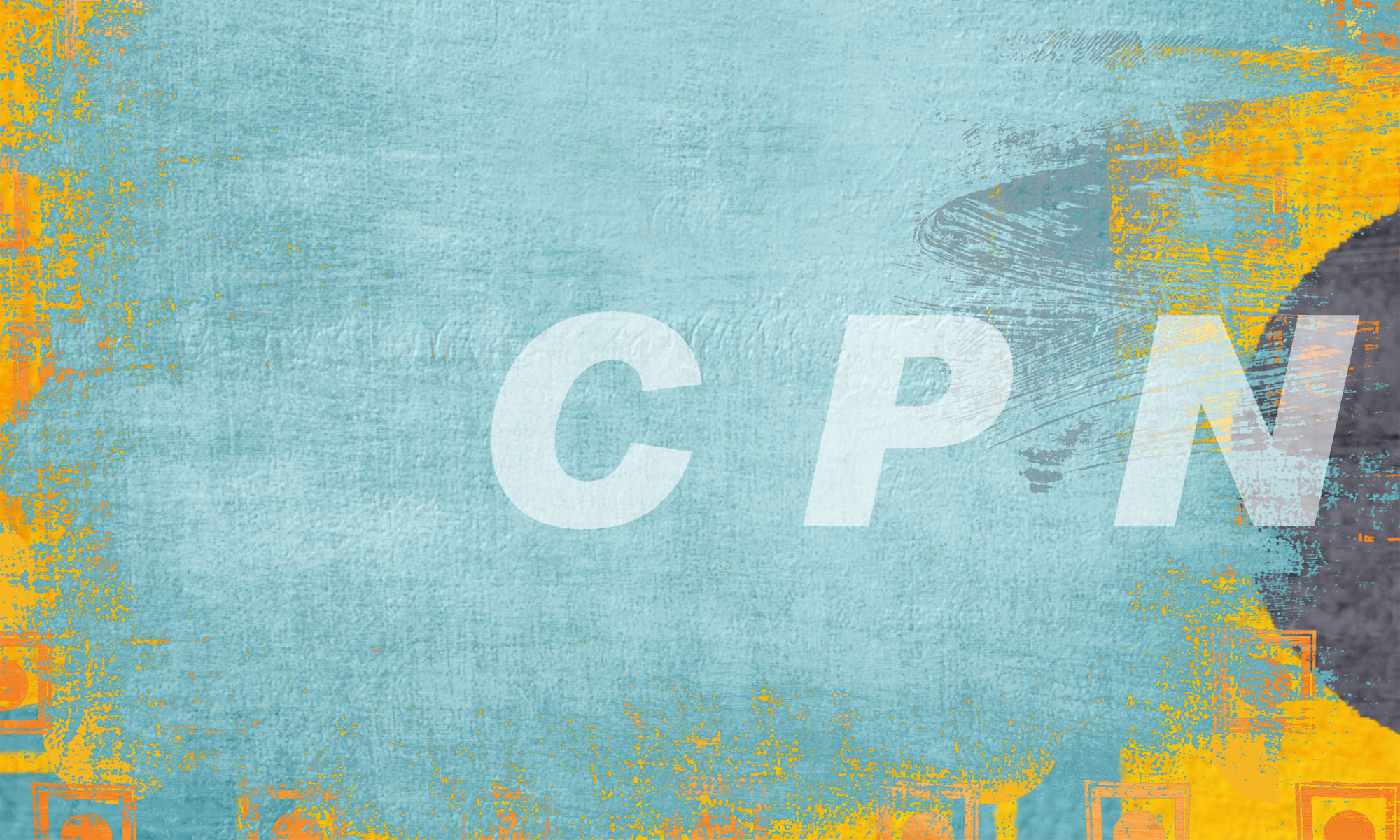 MPO Board receives public comment during meeting on May 16, 2007 |
A fare free system for the Charlottesville Transit Service took one small step towards becoming a reality during a recent meeting of the Policy Board of the Metropolitan Planning Organization (MPO). Members unanimously passed an informal resolution to direct consultants working on the creation of a regional transit authority to "look hard" at the option. That study is being undertaken by the firm VHB.
Kellem Emanuele, the MPO’s Transportation Program Coordinator, delivered a report (.PDF) that examined other communities’ transitions from paid to free systems and weighed financial and other impacts.
Podcast produced by Charlottesville Tomorrow * Player by Odeo
Listen using player above or download the podcast: Download 20070516-MPO-Fare-Free.mp3
"If you reduce the fare, you see an increase in ridership," Emanuele told the board, citing a 1994 report from the Washington State Transportation Commission. In some cases, the increase can be as much as thirty percent. "But the caution [the researchers] give is that before you entertain that, you define what your goals are in reducing the fare."
For instance, increased ridership does not necessarily mean a corresponding decrease in congestion or single occupancy vehicles on the roads. Research shows that people who have other transportation options have answers they want answered before they’ll consider taking public transit. How on time is the service? Where do the routes go? How clean are the vehicles?
And, transit planners would also need to consider the kind of rider that a free fare system would attract. When Austin went fare free, buses were filled with school truants and drunks.
"What happened was their loyal riders were driven away because the experience was less pleasant," said Emanuele. But, she said fare free experiments usually work best in small to medium-sized communities where it’s easier to keep the peace. MPO members discounted this notion, and said it was unlikely to be a problem in Charlottesville.
Bill Watterson, Director of the Charlottesville Transit Service, said he is not opposed to making the system fare-free, as long as the revenue could be made up elsewhere.
"We are getting ten percent of our cost covered, though, and ten percent is not ninety percent, but if ten percent goes away, we have to figure out a way to get that ten percent or we’ll have to cut service by ten percent."
Watterson also said the experiment of offering free rides to University students and employees is paying off. An additional six hundred riders used CTS during April, a 6.6 percent increase. CTS will be fare-free until the end of the fiscal year, and an extension will be considered depending on the CTS budget for next year.
Albemarle Supervisor and MPO Policy Board Chair David Slutzky made a motion for the MPO board to go on record with a "statement of enthusiasm" to encourage consultants to keep it in mind as they design a proposed regional transit authority that would include the County. He also suggested a move to fare-free could complement the region’s attempts to provide more affordable living choices. But, he cautioned eliminating fares would have to make financial sense.
"If the numbers don’t crunch, they don’t crunch, and we’ll have good reason to continue charging fares."
Sean Tubbs
